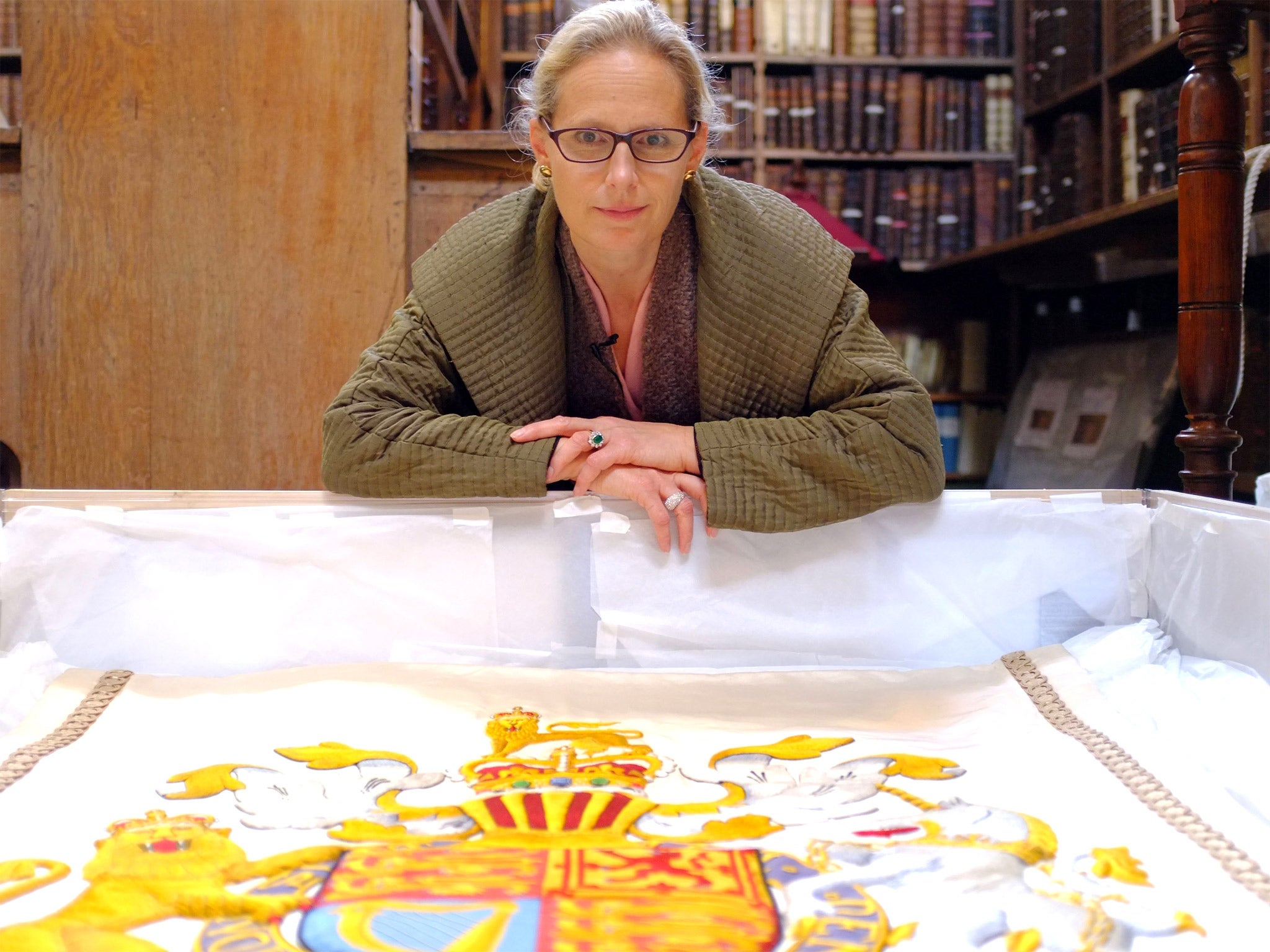Britain's Oldest Family Businesses, TV review: Pomp and ceremony in a family history that's a bit short on frills

A stray glance at last night's BBC4 schedules might have tricked people into thinking that Britain's Oldest Family Businesses were being given the Horrible Histories treatment. Alas, this is actually part of a three-part strand called Hidden Histories, which is similar in that it is about history, but different in that it is a very on-the-straight-and-narrow documentary for BBC4 rather than a daft romp through the past with Steve Punt and pals.
That's that cleared that up, then.
So what, I can very nearly hear you ask, is hidden about the older-than-time family business featured here. Well, if you've ever – and I'm certain you have – watched the Queen's honours ceremonies and wondered "who made those lovely CBEs?" then here's your answer, regalia-maker Toye, Kenning & Spencer. Its CEO Fiona Toye believes the Toye shops have been in the same family since the late 17th century.
Fiona, alas, is only a Toye by marriage having taken over the running of the company from her husband. "I'm not a blood Toye," she declared, and thus possibly fatally undermined the conceit of the show. But let's not dwell on it. To their credit, the programme-makers used this flaw as a good reason to do this sort of Who Do You Think You Are? on the origins of the family firm.
To find out more, Fiona travelled to Rev Tom Hollander's church – St Leonard's in Shoreditch, east London, to find evidence of early Toyes. Sadly, it was not Adam Smallbone, but Rev Paul Turp, who did sound weirdly like Hollander when he intoned: "I have something intriguing for you." It was not Colin's discarded Export cans from the church yard, but a record of a William Toy from 1768 and the start of a story of how the Toy/Toye family survived through the massive decline of silk weavers in the mid-1800s thanks to a – boo! – huge import of silk from France.
We learned that the Toy/Toyes survived this silky invasion and moved into fancy trimmings, which is how they became the numero uno maker of regalia for everybody from the Sally Army to the Freemasons. We followed Fiona from the East End to the National Archives via the National Military Museum, learning the history of her firm. Fascinating for her no doubt, but sadly, even as a viewer with a cavernous appetite for niche BBC4 documentaries, a bit dry for the rest of. And I say that as a huge, huge fan of frilly regalia.
Join our commenting forum
Join thought-provoking conversations, follow other Independent readers and see their replies
Comments
Bookmark popover
Removed from bookmarks